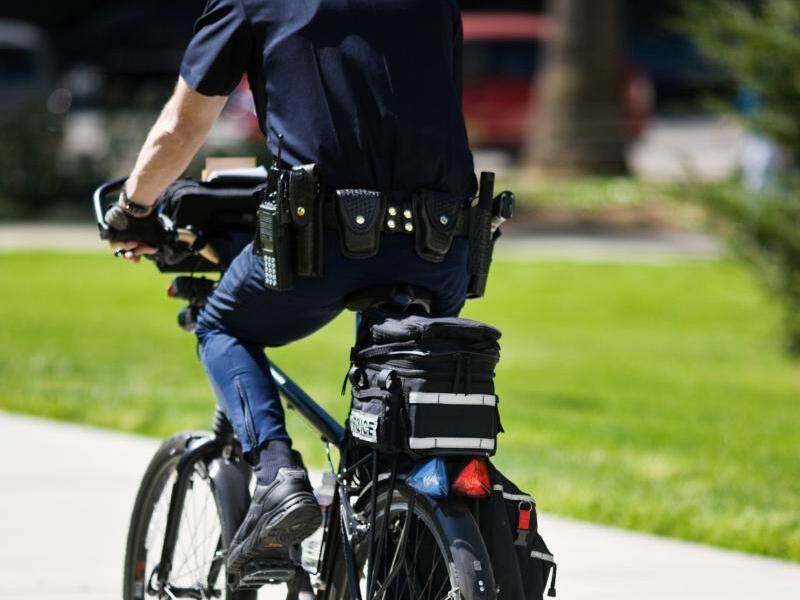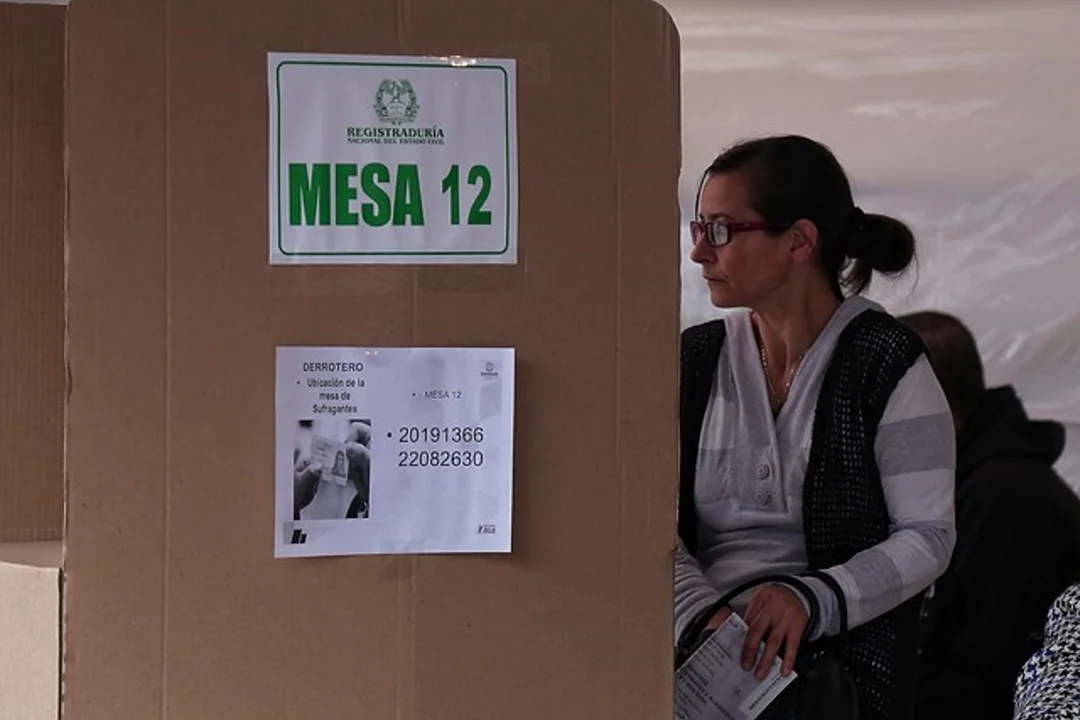Navigating The Future Of London Festivals: A Regulatory Perspective

Table of Contents
Licensing and Permits: The Foundation of Legal Festival Operation
Securing the necessary licenses and permits is the cornerstone of any legal and successful London festival. Failure to obtain the correct documentation can lead to significant penalties, event cancellation, and reputational damage. The licensing process varies depending on the festival's activities and location.
- Alcohol sales: A Premises Licence is required from the local council for serving alcohol. This involves a detailed application process, including demonstrating responsible alcohol management practices.
- Music performance: Depending on the scale and nature of the musical acts, licences might be needed from the council's Environmental Health department or even the Performing Rights Organizations (like PRS for Music and PPL).
- Public assembly: Large gatherings require a Public Entertainment Licence from the local council, outlining safety and crowd management plans.
- Road closures and traffic management: Permissions are needed from Transport for London (TfL) or the relevant borough council for closing roads or implementing traffic management schemes.
- Waste management: Permits are necessary to ensure the proper disposal and recycling of waste generated during the festival, often involving specific waste management plans.
The application process often involves detailed documentation, site plans, risk assessments, and security plans. It's crucial to submit accurate and comprehensive applications well in advance to avoid delays and potential rejections. Seeking professional advice from licensing specialists can significantly streamline this process.
Safety and Security Regulations: Protecting Attendees and the Public
Prioritizing safety and security is paramount for any London festival. Failure to comply with regulations can lead to serious consequences, including legal action, reputational damage, and even injury or fatality. Key regulations cover various aspects of event safety.
- Crowd management: Effective crowd control strategies, including designated entry and exit points, crowd barriers, and trained personnel, are crucial to prevent overcrowding and ensure safe movement.
- Emergency response plans: Comprehensive emergency plans are vital, including clear evacuation procedures, designated first aid stations, and protocols for communication with emergency services.
- First aid and medical provision: Adequate medical facilities and trained first aid personnel are essential, with numbers determined by the expected attendance and the potential risks involved.
- Security personnel: Trained security personnel are necessary to monitor the event, manage crowd flow, and respond to incidents. Their training should cover crowd control, conflict resolution, and emergency procedures.
- Risk assessments: Thorough risk assessments must identify potential hazards and outline mitigation strategies to prevent accidents and ensure public safety.
Non-compliance with safety regulations can result in substantial fines, suspension or revocation of licenses, and even criminal prosecution.
Environmental Regulations and Sustainability: Minimizing the Ecological Footprint
London festivals are increasingly expected to demonstrate a commitment to environmental sustainability. Regulations and public pressure encourage the adoption of eco-friendly practices.
- Waste reduction and recycling: Implementing comprehensive waste management strategies, including clear signage, recycling points, and waste separation procedures, is essential.
- Energy-efficient lighting and power sources: Utilizing energy-efficient lighting and exploring renewable energy sources (solar, wind) demonstrate commitment to environmental sustainability.
- Noise level restrictions: Strict noise level restrictions exist to minimize disturbance to nearby residents. Festival organizers must adhere to these limits, possibly implementing noise mitigation techniques.
- Water conservation: Implementing water-saving measures, such as using waterless urinals or providing reusable water bottles, shows a dedication to resource conservation.
- Sustainable transportation: Encouraging attendees to use public transport, cycling, or walking, and providing information about sustainable transportation options, demonstrates environmental responsibility.
Sustainable practices not only benefit the environment but also enhance the festival's image and appeal to environmentally conscious attendees.
Emerging Technologies and Regulatory Challenges: Adapting to Innovation
Technological advancements are transforming festival operations, introducing both opportunities and regulatory challenges.
- Data privacy regulations (GDPR compliance): Festivals must comply with GDPR regulations when collecting and processing attendee data, ensuring transparency and securing consent.
- Cybersecurity protocols: Robust cybersecurity measures are crucial to protect ticketing and payment systems from cyberattacks, safeguarding attendee information and financial transactions.
- Accessibility features: Festivals must provide accessible facilities and services for attendees with disabilities, complying with accessibility regulations and guidelines.
- Regulation of drone usage: The use of drones at festivals is subject to strict regulations, often requiring specific permissions and adherence to safety guidelines.
- AI for crowd management: The use of AI for crowd monitoring and prediction presents both opportunities and regulatory challenges related to data privacy and algorithmic bias.
Festival organizers must proactively adapt to these technological changes and ensure compliance with evolving regulations.
Ensuring a Thriving Future for London Festivals
The future of London festivals depends on effectively navigating the complex regulatory landscape. Proactive compliance, a commitment to safety and sustainability, and adaptability to technological innovation are crucial for success. By understanding and adhering to these regulations, festival organizers can create vibrant and memorable events while safeguarding public safety and the environment. To ensure your festival's success, contact your local council and relevant authorities to learn more about the specific licensing requirements and regulations for your event. Proactive regulatory compliance is key to navigating the future of London festivals and creating a truly thriving and sustainable festival experience.

Featured Posts
-
 5 Shocking Truths Revealed In The Jyoti Malhotra Espionage Case
May 19, 2025
5 Shocking Truths Revealed In The Jyoti Malhotra Espionage Case
May 19, 2025 -
 Red Carpet Etiquette Why Guests Continue To Violate Rules
May 19, 2025
Red Carpet Etiquette Why Guests Continue To Violate Rules
May 19, 2025 -
 Cepd Approves Job Candidate Sanibel Captiva Island News
May 19, 2025
Cepd Approves Job Candidate Sanibel Captiva Island News
May 19, 2025 -
 Adios A Juan Aguilera El Tenis Espanol Llora Su Perdida
May 19, 2025
Adios A Juan Aguilera El Tenis Espanol Llora Su Perdida
May 19, 2025 -
 Correismo Impugna Prohibicion De Celulares En Segunda Vuelta Electoral
May 19, 2025
Correismo Impugna Prohibicion De Celulares En Segunda Vuelta Electoral
May 19, 2025
